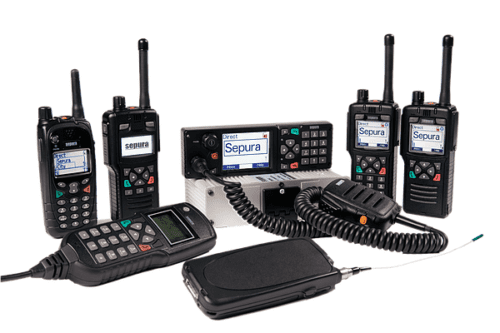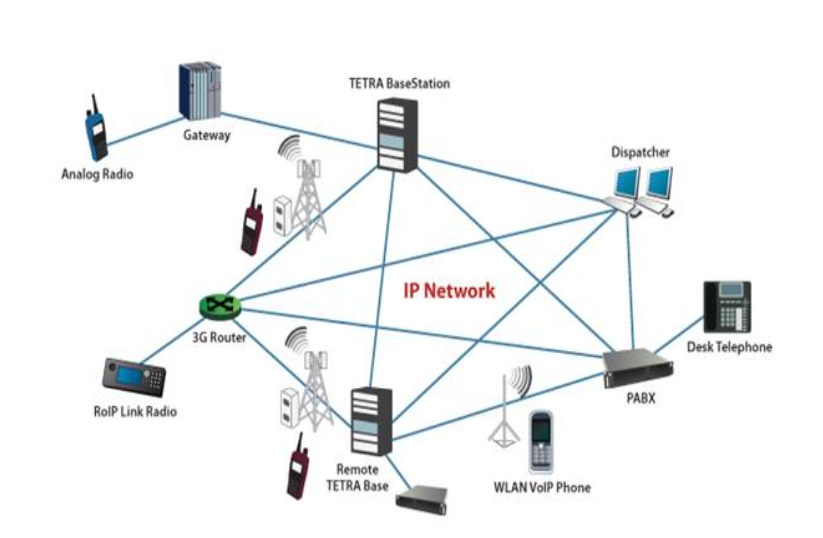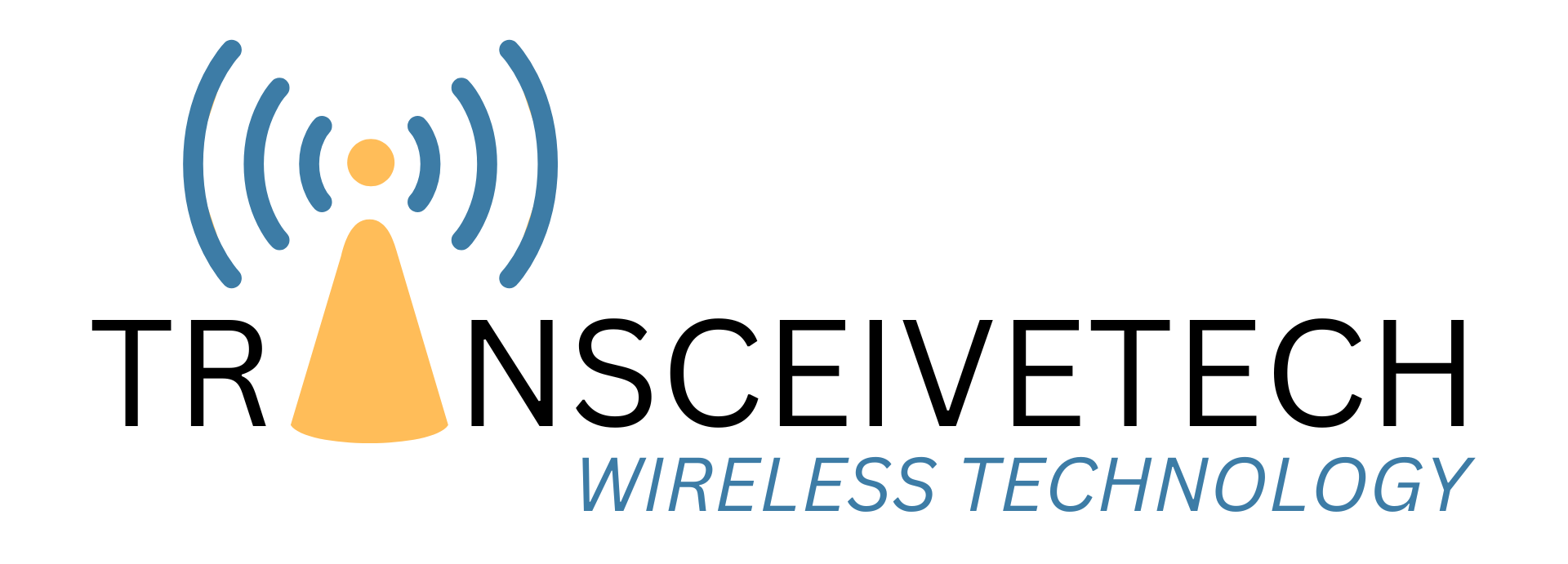TETRA also known as Terrestrial Trunked Radio UHF Radio Systems play a transformative role in offering enhancing reliability, security and efficiency. In highly dynamic and safety critical environments of FPSO vessels, reliable communication systems are paramount.
What is a TETRA UHF Radio System?
TETRA is a globally recognized standard for professional mobile radio system, designed for mission-critical communication. Operating in Ultra High Frequency (UHF) bands, TETRA systems provide robust, high-quality voice and data communication capabilities, even challenging environments. Unlike traditional analog systems, TETRA ensures,
- Encrypted Communications: Enhanced security to prevent unauthorized access.
- Group Call Functionality: Instant communication with specific teams.
- Seamless Data Transfer: Support for GPS tracking, text messaging, and remote monitoring.
- Interoperability: Connectivity with other communication systems.

Why TETRA Systems on FPSO Vessels?
FPSOs operate in some of the world’s most remote and hazardous environments. TETRA UHF radio systems address these unique challenges by:
- Ensuring Crew Safety
- TETRA’s advanced features, such as emergency alarms and GPS tracking, enable immediate responses to incidents, enhancing overall safety.
- Lone worker monitoring ensures isolated crew members are always within reach.
- Improving Operational Efficiency
- Instant group calls streamline communication during routine tasks, maintenance, and emergencies.
- Reliable data transfer supports real-time monitoring of vessel systems and environmental conditions.
- Reducing Downtime
- Robust design and high redundancy reduce communication blackouts, ensuring continuous operation even in adverse weather or high electromagnetic interference environments.
- Compliance with Industry Standards
- TETRA systems are designed to meet international standards for offshore communication, ensuring compliance with regulatory requirements.
Key Components of a TETRA UHF System
- Base Stations: Provide the central communication hub, ensuring reliable coverage across the FPSO.
- Handheld Radios: Lightweight and rugged devices for individual crew members.
- Dispatch Consoles: Centralized control for managing and monitoring communication.
- Gateways and Interfaces: Ensure integration with other systems, such as Public Address and General Alarm (PAGA) systems or satellite communication networks.

Benefits of TETRA UHF Radio Systems for FPSO Operators
- Improved Crew Collaboration: Clear group calls and messaging simplify coordination across teams.
- Future-Proof Technology: TETRA’s scalability ensures it meets both current and future operational demands.
- Cost-Effective Maintenance: Digital systems are easier to maintain, reducing long-term expenses.
- Enhanced Coverage: Comprehensive radio coverage across the FPSO vessel ensures no blind spots.
FAQs about TETRA UHF Radio Systems on FPSO Vessels
- Why is TETRA better than analog systems? TETRA provides superior audio quality, encrypted communication, and enhanced functionality like GPS tracking and data transfer.
- Can TETRA systems withstand harsh offshore conditions? Yes, TETRA systems are designed to be robust and reliable even in extreme weather and environments.
- How long does it take to transition from analog to TETRA? The timeline depends on the size of the FPSO and complexity of the system but typically ranges from a few weeks to a couple of months.
Need An Expert On The Job?
Our Engineers at Vivo Asia specializes in designing, installing, and maintaining TETRA UHF/VHF systems for offshore environments. Elevate your communication infrastructure by contacting us on contact@vivoasia.com
